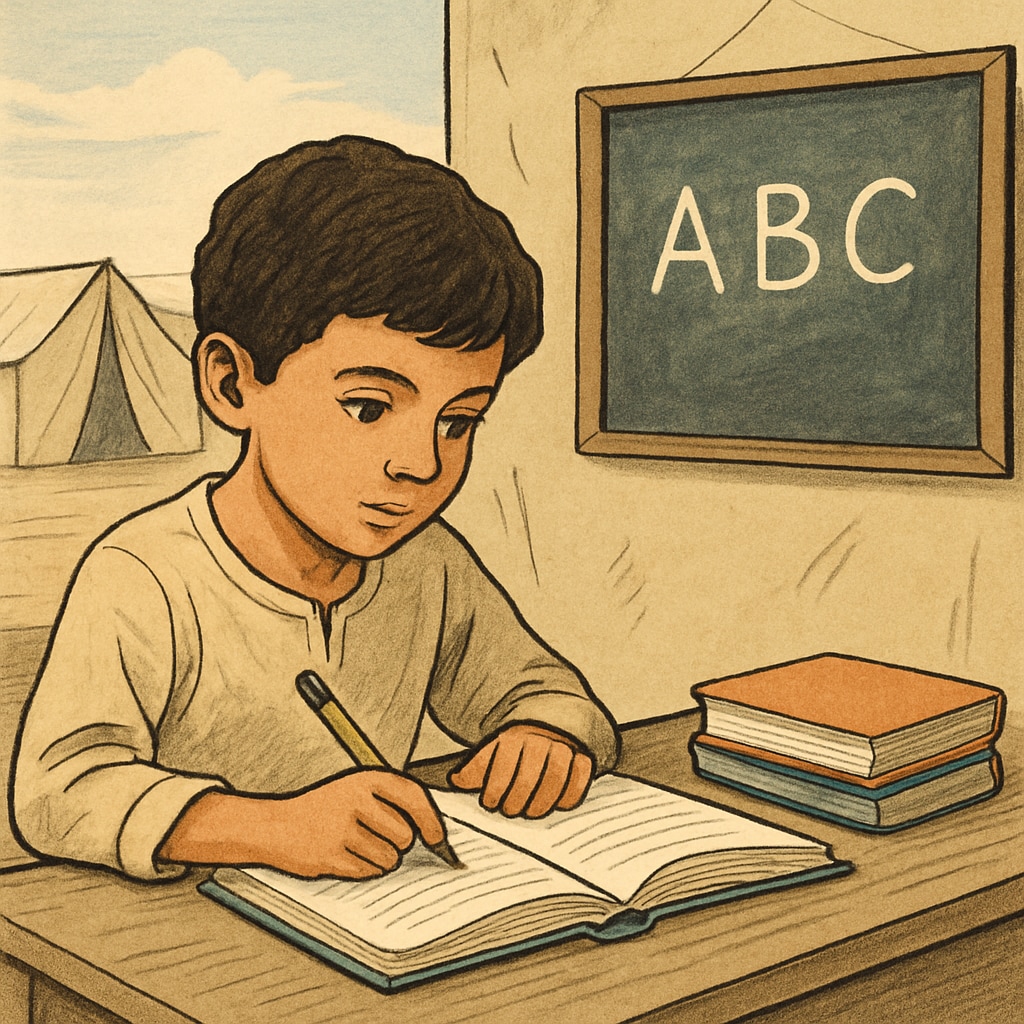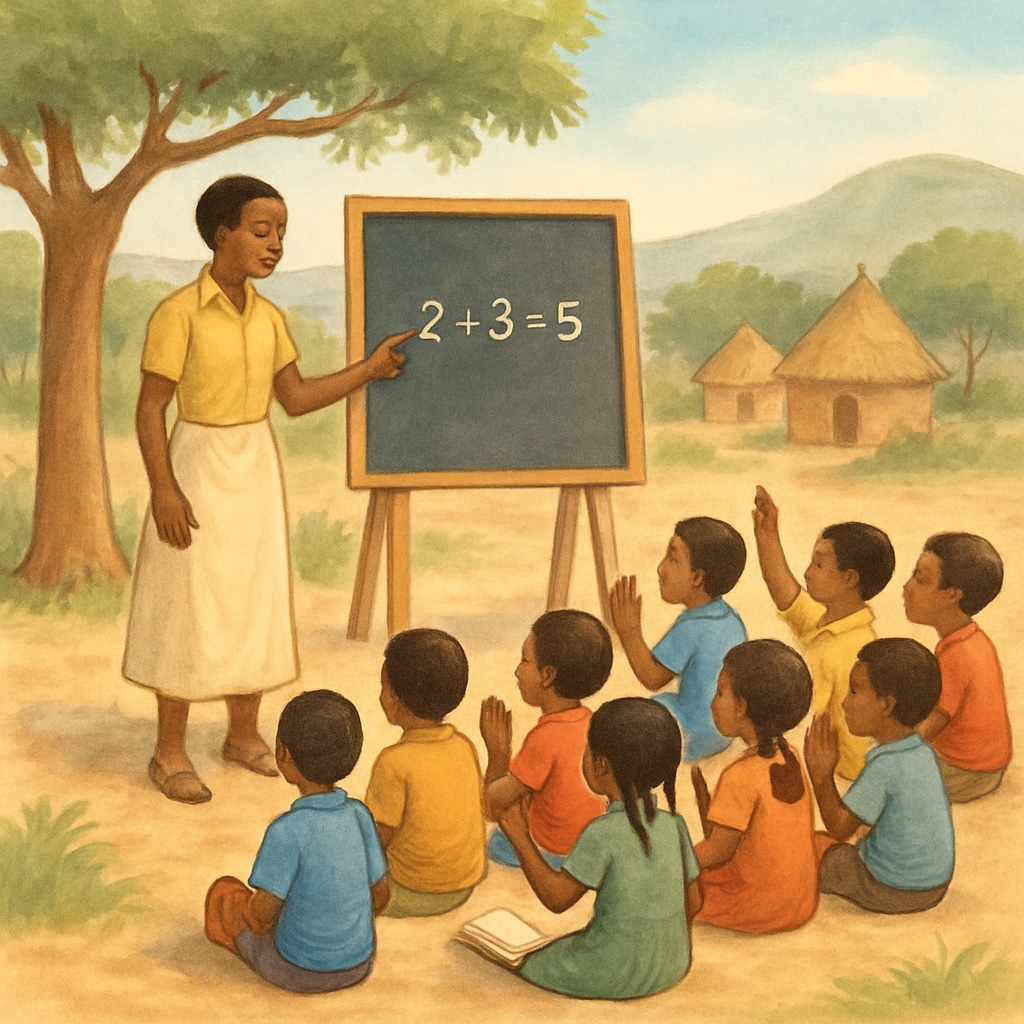Ms. Rachel, a well-known children’s performer admired by parents in the K-12 education space, has dedicated much of her humanitarian work to addressing the needs of children in the Middle East. While her efforts in this region are commendable, they illuminate a broader question: how can educators and humanitarian leaders like Ms. Rachel expand their vision to create a truly global system of care for children? This article delves into her contributions, examines the limitations of a regional focus, and advocates for a broader, inclusive approach to global educational equality.
Ms. Rachel’s Focus on the Middle East: A Step in the Right Direction
Ms. Rachel’s decision to prioritize humanitarian work in the Middle East stems from the region’s acute need for support. Ongoing conflicts, displacement, and economic instability have left millions of children without access to education. By dedicating her platform to raising awareness and providing resources, Ms. Rachel has brought much-needed attention to these issues. Her efforts include organizing fundraisers, partnering with local organizations, and using her influence to promote educational initiatives.
For example, according to UNHCR statistics on refugee education, nearly half of all school-age refugee children are out of school. In the Middle East, this problem is exacerbated by protracted crises and limited infrastructure. Ms. Rachel’s focus on the region is undoubtedly impactful, as it addresses some of the most urgent educational needs in the world.

Why a Regional Focus May Limit Impact
While Ms. Rachel’s work in the Middle East is vital, it raises an important question: what about children in other regions facing similar or worse conditions? For instance, sub-Saharan Africa has the highest rates of educational exclusion, and Southeast Asia continues to struggle with post-conflict recovery and access to quality education. By concentrating her efforts exclusively on the Middle East, Ms. Rachel risks inadvertently sidelining other vulnerable populations.
Moreover, global challenges like climate-induced displacement and pandemics are increasingly affecting children’s education worldwide. According to a report by Britannica on global education, over 250 million children globally are out of school, and the numbers are rising. Expanding her humanitarian scope would not only amplify Ms. Rachel’s impact but also set a precedent for other influencers to adopt a more global perspective.

Building a Global System of Care for Children
To address educational inequities worldwide, humanitarian leaders like Ms. Rachel must adopt a more inclusive approach. Here are some actionable steps:
- Collaborate with Global Organizations: Partner with international NGOs and UN agencies to extend support beyond the Middle East.
- Leverage Digital Platforms: Use technology to create educational content accessible to children in remote or underserved areas.
- Advocate for Policy Change: Work with governments to prioritize education funding and implement policies that address systemic barriers.
- Foster Cross-Regional Partnerships: Share best practices and resources among regions facing similar challenges.
By taking these steps, Ms. Rachel can transition from a regional to a global advocate for children’s education.
A Call to Action for Global Inclusivity
Ms. Rachel’s humanitarian work in the Middle East is an inspiring example of how entertainers can use their platform for social good. However, the challenges faced by children in the Middle East are part of a larger, interconnected global issue. By expanding her focus and encouraging others to do the same, Ms. Rachel has the potential to lead a movement for global educational equity. Her journey serves as a reminder that true humanitarianism knows no borders and that every child, regardless of geography, deserves the opportunity to learn and thrive.
As parents, educators, and global citizens, we can support efforts to broaden Ms. Rachel’s impact by advocating for policies that prioritize global education and contributing to organizations that address these critical issues. Together, we can build a world where every child has access to the education they deserve.
Readability guidance: This article uses clear language and concise paragraphs to ensure readability. Lists summarize key points, and transitions like “however” and “in addition” guide readers through the argument. Images are strategically placed to reinforce the content, aligning with the discussion of regional and global educational challenges.


